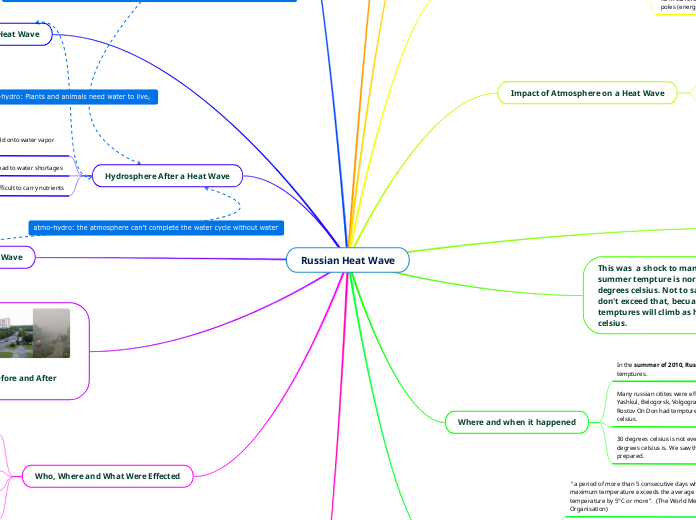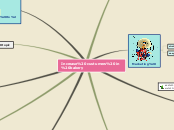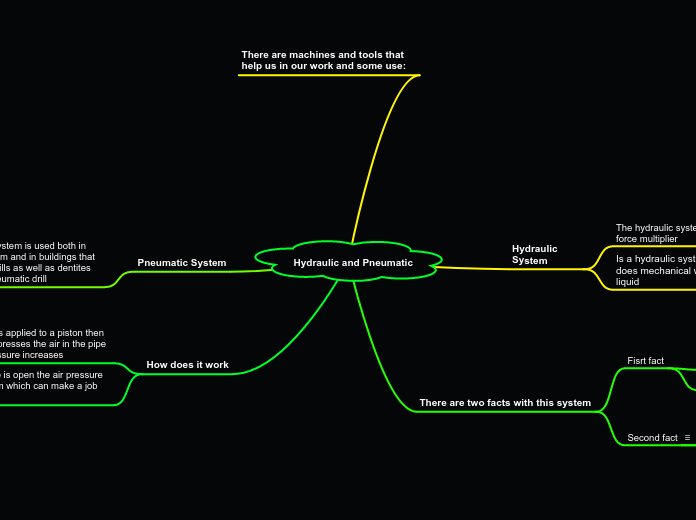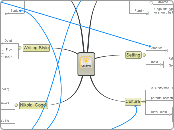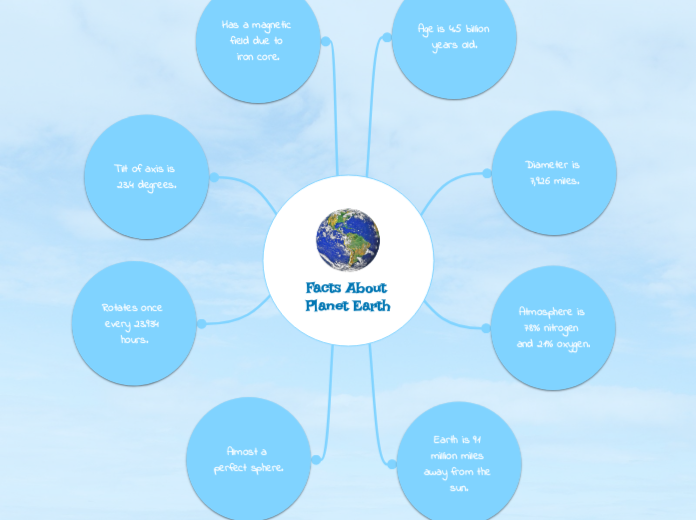von Lilith Grey Vor 2 Jahren
166
Russian Heat Wave
Heatwaves are prolonged periods of excessively high temperatures, often exceeding average maximum temperatures by at least 5°C for more than five consecutive days. These extreme weather events are primarily driven by high atmospheric pressure, which compresses and heats the air, pushing it down towards the Earth'
